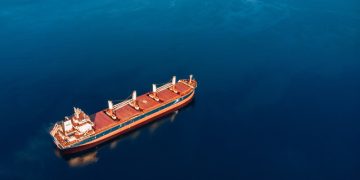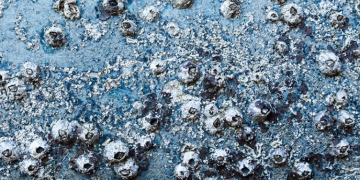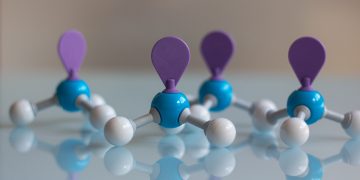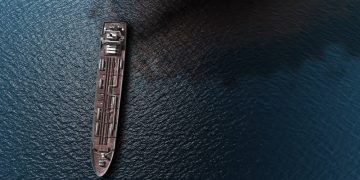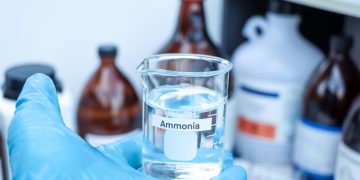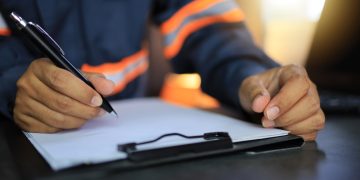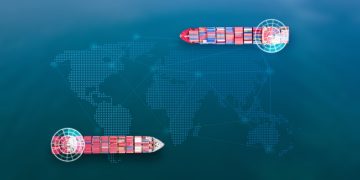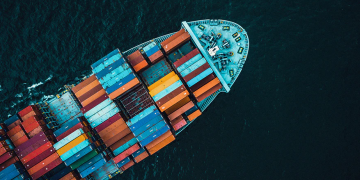WWF study examines impacts of an oil spill in Arctic sea
As the Arctic warms and sea ice retreats, oil and gas exploration is underway in Canada's Beaufort Sea, with all the benefits and risks this development entails. To better understand these risks, particularly those of proposed shipping and exploration, WWF has taken a milestone step in answering these big questions by leading groundbreaking research to map possible oil spills in the Beaufort Sea. This study looks at four types of oil spills under different conditions, resulting in 22 different scenarios. Explore some of the key findings by clicking at the WWF's interactive map below , which WWF is making available to help advance discussions about balancing conservation and development in the Canadian Arctic. The results from the study give northern residents and decision-makers scientific evidence they need to make choices about the risks they face. The project involved the analysis of multiple types of oil spill scenarios that could occur in the Beaufort Sea. The goal was to assess the transport, fates, and effects of oil on nearby surface water and shorelines from potential crude, heavy fuel, and light fuel oil spills. Modelling investigated both surface and subsea releases. Four different generalized "spill analyses" were evaluated for this study: a shipping spill analysis in ...
Read more






